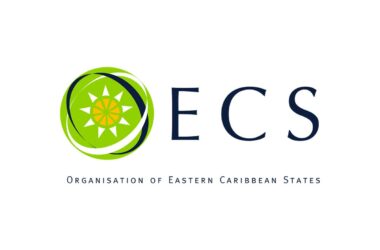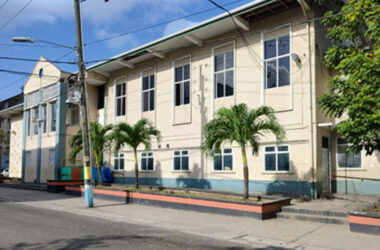The important role tourism will play in the recovery of national economies and global trade has been highlighted in the 2022 edition of the World Economic Situation and Prospects (WESP) report by the United Nations.
Drawing on data from the World Tourism Organization (UNWTO), WESP underlines the sector’s importance for the world economy, particularly for developing economies, including Small Island Developing States (SIDS).
The WESP report noted that after a global contraction of 3.4% in 2020 and a rebound of 5.5% in 2021, the world economy is projected to grow by 4% in 2022 and then 3.5% in 2023. Given its importance as a major export category (prior to the pandemic, tourism was the third largest in the world, after fuels and chemicals), and recognizing its role as a source of employment and economic development, the sector’s recovery is expected to drive growth in every world region.
Saint Lucia is a small island developing state where a large slice of its workforce, if not the largest slice, can be found in the tourism sector. The island can testify to the importance of the tourism sector after what it went through from March 2020 to July 2021 when the sudden halt in international tourism caused by the COVID-19 pandemic caused havoc in the local industry. Hotels closed down, partially and completely, cruise ships stopped coming, so too did flights into the island. This situation wiped out pay cheques for thousands of workers. The situation in the country then was grim.
Restarting our tourism industry in the latter half of last year was not an easy task. While the cruise ships are back, hotels are open and flights are coming in, the local tourism industry is still not performing at full throttle.
A steady hand at the wheel is needed now more than ever. A leaner and more knowledgeable crew to man the tourism ship is also needed now more than ever.
With tourism playing such an important role in the island’s economic growth, individuals’ livelihoods, the hospitality sector and other sectors which hinges on it, a well thought out plan for that sector’s recovery should have been presented by now for public viewing by the sector’s custodians.
Also, and as noted by the UN report, with which we concur, Saint Lucia as a tourism-dependent country will need to diversify its tourism throughout 2022 and beyond. The tourism roadmap shows that for Saint Lucia’s economy to develop, rural tourism and tourism in depressed areas must be considered and given immediate attention.
This was talked about a lot in recent years and some action at the government level was undertaken to see that that policy became a reality. Sadly, not enough was done at the government level to give rural tourism the type of sustainability it needs. The present government must go further than what has been attained in the past. Boosting job creation, protecting natural resources and cultural heritage while at the same time empowering women, youth and disadvantaged peoples is what rural tourism and tourism in oppressed areas bring about.
This should be more than enough to motivate any government to pour resources into developing a striving rural tourism in Saint Lucia.
The WESP report notes how Small Island Developing States can take steps to ensure local businesses and workers retain more of the economic benefits that international tourism brings, noting for example that that “tourism leakage” amounts to an estimated 80% of all money spent by tourists in the Caribbean region.
We encourage government to continue working on making rural tourism the bread winner it can be for Saint Lucians in need of some form of employment. A start has been made but much, much more needs to be done. The economy’s biggest income earner is the driver that can spread its tentacles throughout the island to embrace everyone. After all, isn’t tourism everybody’s business?













